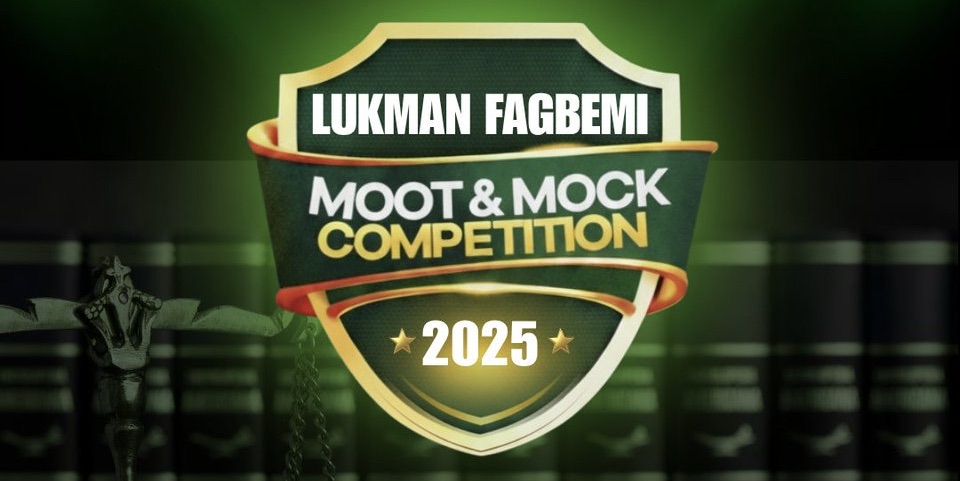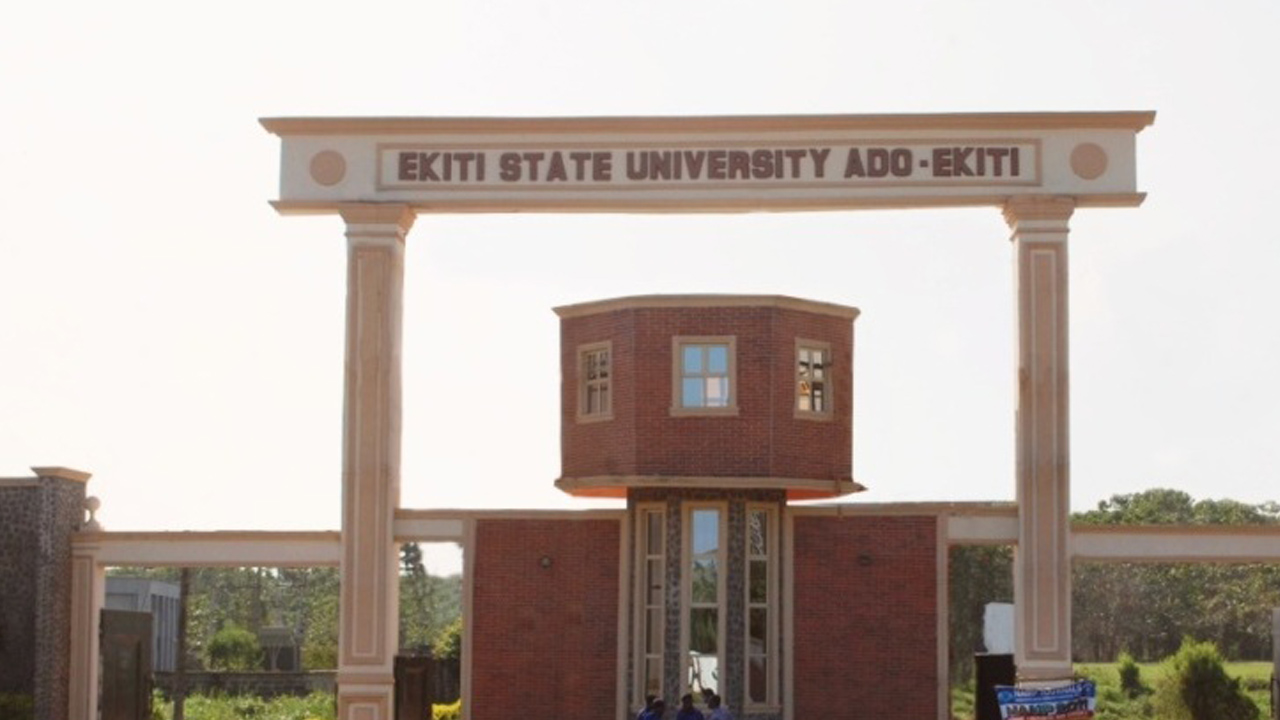
Education stakeholders including literacy experts, teachers, policy makers, youth advocates, social media influencers have underscored the need for children to be allowed to learn in multilingual languages.
They also called for the implementation of the National Language Policy which allows the use of mother tongue to teach children up to Basic Six.
The stakeholders noted the numerous benefits of learning in multilingual languages to include improved cognitive abilities, enhanced cultural understanding, increased career opportunities, better academic performance, enhanced brain flexibility amongst others.
The stakeholders spoke in Abuja at a roundtable discussion organised by the Quality Education Development Associates (QEDA) to commemorate this year’s International Literacy Day.
It has as its theme, ‘Youths as Vanguard for Multilingual Education to Achieve Peace and Mutual Understanding’.
In his remarks, Team lead and founder of QEDA, Nurrudeen Lawal said by receiving education instructions in a familiar language, children can build a strong foundation for learning, improve their academic performance, and develop a positive attitude towards education.
He argued that this approach would significantly contribute to tackling the over 20 million out-of-school children in Nigeria, leading to a substantial decrease in the number of children who are not enrolled in school.
Other recommendations are attitudinal shifts to promote and accept multilingual education, the need for the Federal Ministry of Education and all relevant stakeholders to organise a conference or national dialogue on implementing the language policy, teacher education to focus on multilingual pedagogy to build the capacity of teachers to effectively implement the language policy and standardisation of indigenous language.
They also called for the organisation of a campaign to promote our languages as a driving force to peace and unity as well as exposure of children to multiple languages through music and other elements of culture.
In her presentation, chairperson of the event and Director, Nigeria Centre for Reading Research and Development, Bayero University Kano, Prof. Talatu Musa Garba, called for a national day of awareness on multilingual languages
Prof. Garba, a leading voice in teacher education and gender issues as well as a distinguished expert in Language Education, English teaching and learning, early grade reading, counselling and youth empowerment, submitted that youth should become cultural ambassadors to create more awareness on multilingual languages.
She noted that technology will play a crucial role in promoting multilingual education.
Other speakers include Executive Chairman, Abia State Universal Basic Education Board, Lydia Onuoha; Dr Mary Abah of the Teachers Registration Council of Nigeria (TRCN), Dr Olusoji Adeniyi, Dr Rasheedat Sadiq and a host of others.
In her submission, Onuoha revealed that only six of the 500 languages in Nigeria have authography, adding that multilingual education will not only help to eradicate poverty but also achieve gender equality.
Also, Dr Abah described the conversion of colleges of education and teacher training colleges to universities as an existential threat to the country’s education.






